Bidur Al Habet, who fled her home near the coastal town of Acre 75 years ago and ended up in Beirut's crowded Burj al-Barajneh camp, wants to go back, even as she watches terrifying images of the war between Israel and the Palestinian group Hamas on television.
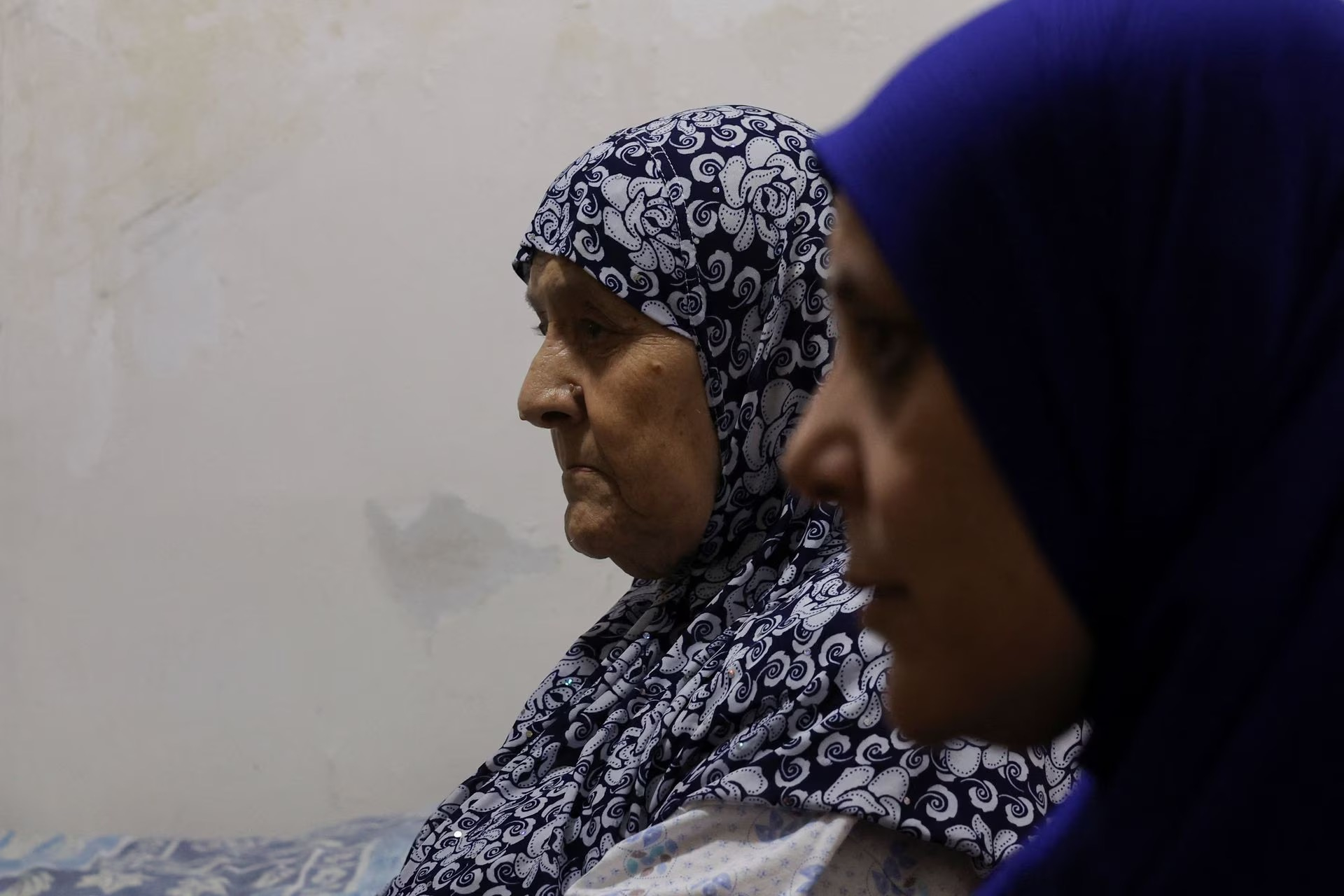
Photo: Reuters
“If the fighting starts, open the border. We will all go, young and old,” the 82-year-old said from a shanty in one of the camp’s narrow alleys. “Let them take these buildings, we don’t want anything from them, we will leave.”
Palestinians fled to Lebanon and other Arab states in what they call the "Nakba" (catastrophe), when Israel was established in 1948 and they were forced from their homes, although Israel protested this.
The status of Palestinian refugees in Lebanon, whether survivors from the early days or their descendants, has remained unchanged for decades: they remain stateless, unable to own property and limited in the work they are allowed to do.
“The situation is truly dire,” said Walaa Kayyal of Asylos, a British charity that researches refugee cases, adding that Palestinians who fled to Lebanon were facing “the worst situation” of those who arrived in other countries in 1948.
In some Arab countries, Palestinians are able to live more integrated lives and some have become citizens.
Many Palestinians who came to Lebanon and their descendants still live in 12 refugee camps across the country, which are now home to some 174,000 Palestinian refugees.
The walls of Burj al-Barajneh, like other camps, are covered with graffiti supporting the Palestinian factions that are in control. The UN's Palestinian refugee agency UNRWA says security and administration are in the hands of Popular Committees and Palestinian factions. Lebanese security forces are often stationed outside the camps.
Zahra Steitiyeh, 51, a Palestinian seamstress, said she hoped the latest conflict would one day pave the way for her and her family to return to their original homeland: "The resistance (Hamas) has given us a lot of hope because of what they have done in Palestine, that we will return."
Meanwhile, many in Gaza, a narrow strip of land just 40 kilometers long where 2.3 million people live, most of them Palestinian refugees from what is now Israel, are being displaced once again.
They fled their homes in northern Gaza after Israel ordered them to move south for their own safety, even as Israel continued to bombard sites across the strip.
This time, however, they cannot leave the confines of the Gaza Strip. Arab leaders, particularly from Jordan, which borders the West Bank, and Egypt, which shares a border with Gaza, have said that the Palestinians must not be pushed out of their land again.
Mai Anh (according to Reuters)
Source



![[Photo] Prime Minister Pham Minh Chinh attends the event "Digital transformation of the banking industry by 2025"](https://vphoto.vietnam.vn/thumb/1200x675/vietnam/resource/IMAGE/2025/5/29/0e34cc7261d74e26b7f87cadff763eae)



![[Photo] Prime Minister Pham Minh Chinh receives leaders of Excelerate Energy Group](https://vphoto.vietnam.vn/thumb/1200x675/vietnam/resource/IMAGE/2025/5/29/c1fbe073230443d0a5aae0bc264d07fe)

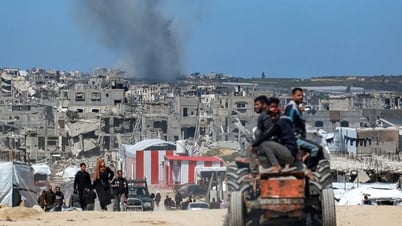

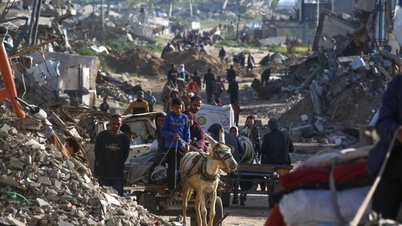

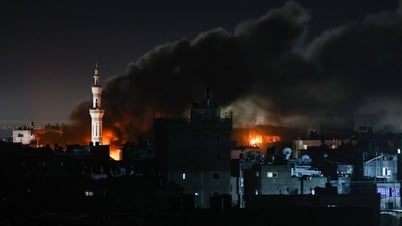










































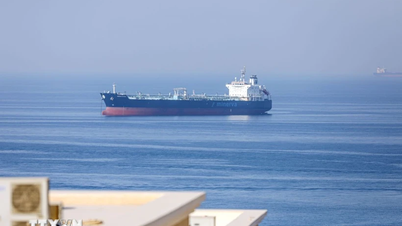










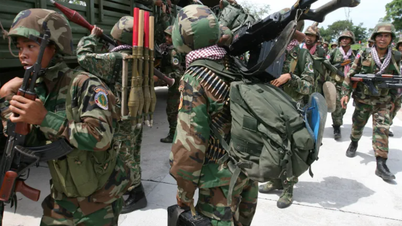



































Comment (0)